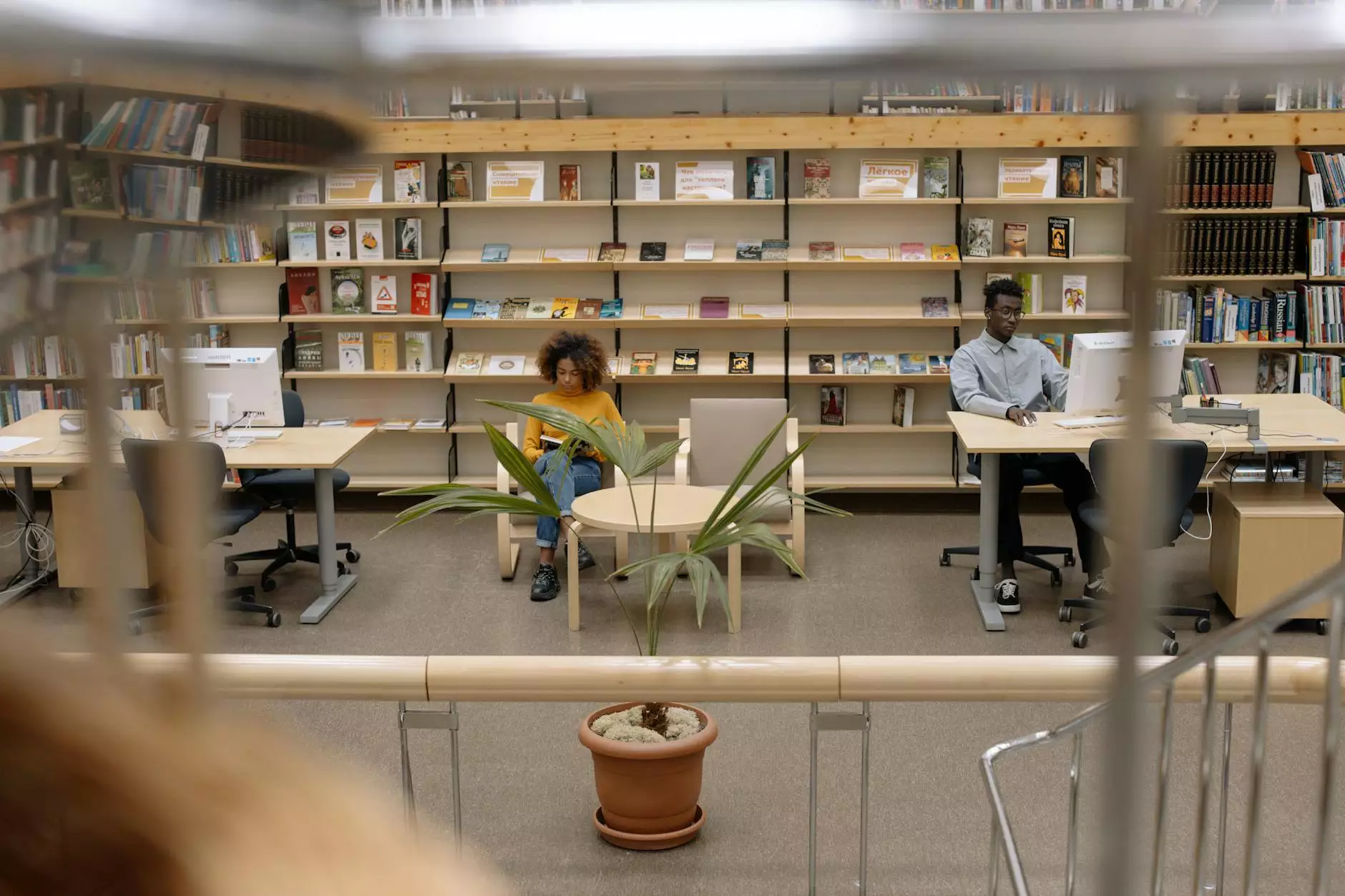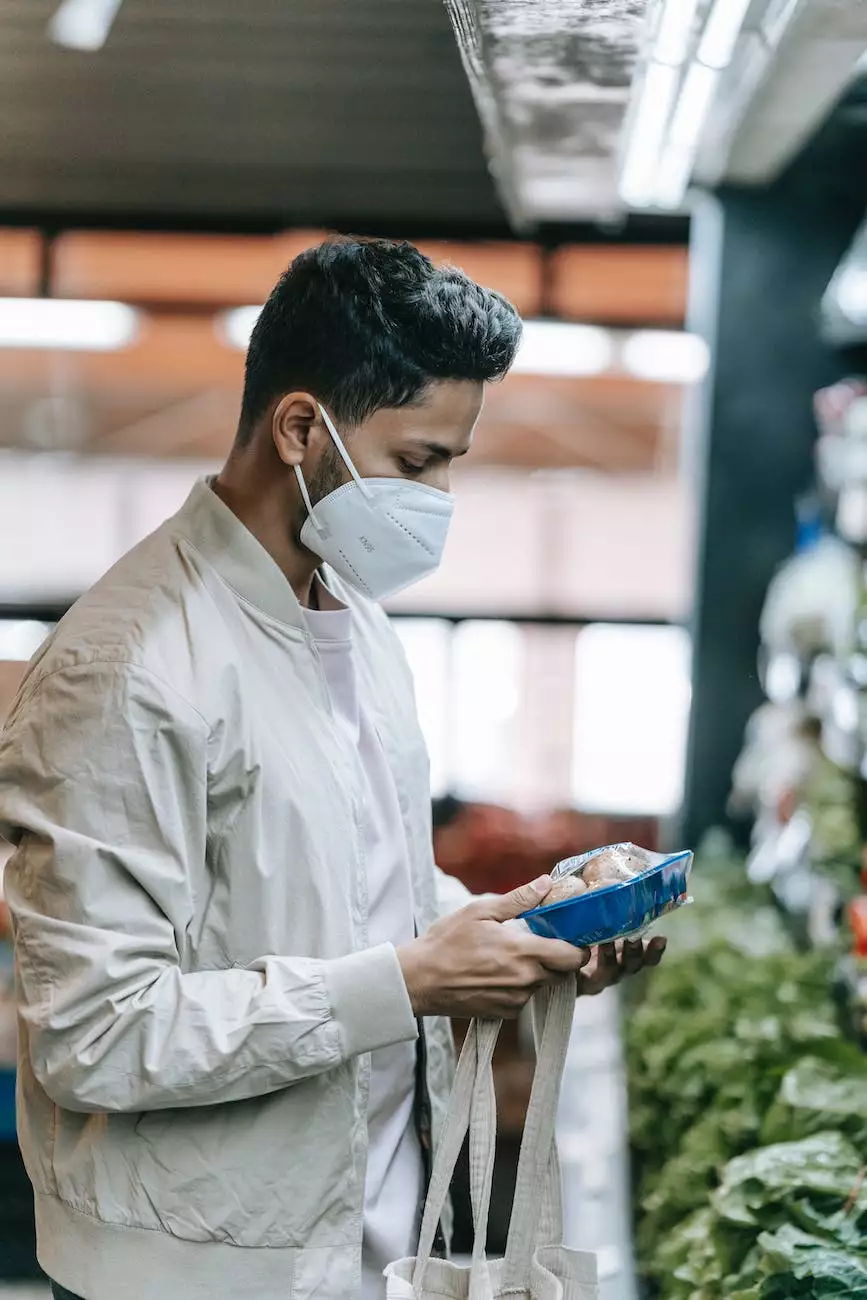Recycling: Preserving the Health of Our Planet
Blog
The Importance of Recycling in Protecting the Environment
Welcome to David J Scholten, OD, PC, a leading provider of high-quality eyecare services for the community. As dedicated healthcare professionals, we not only prioritize our patients' eye health but also the well-being of our planet. In line with our commitment to sustainability, we emphasize the significance of recycling in safeguarding the environment.
Why Should We Recycle?
Recycling plays a vital role in minimizing waste, conserving resources, and reducing pollution. By participating in recycling efforts, we can:
- Conserve Natural Resources: Recycling helps to preserve valuable natural resources such as timber, water, and minerals. By recycling materials, we decrease the need for extracting raw materials from the Earth.
- Reduce Landfill Waste: By diverting waste from landfills, recycling reduces the amount of garbage left to decompose and release harmful greenhouse gases into the atmosphere.
- Minimize Pollution: Recycling reduces the need for energy-intensive processes used in manufacturing goods from raw materials, thereby lowering greenhouse gas emissions and air pollution. It also helps prevent the release of harmful chemicals into the environment.
- Save Energy: Recycling consumes less energy compared to extracting and manufacturing goods from scratch. By conserving energy, we reduce reliance on fossil fuel extraction and support the transition to cleaner and more sustainable energy sources.
- Preserve Wildlife Habitats: By reducing the demand for virgin materials, recycling helps protect precious ecosystems and preserves habitats for wildlife.
Recycling Tips: How Can You Make a Difference?
Everyone can contribute to the recycling movement and make a positive impact on the environment. Here are some practical tips to incorporate into your daily life:
1. Understand Your Local Recycling Guidelines
Start by familiarizing yourself with the recycling guidelines specific to your area. Different municipalities and recycling centers may have varying rules on what can be recycled. Educating yourself ensures that you sort and dispose of materials correctly, maximizing their chances of being recycled.
2. Reduce, Reuse, Recycle
Remember the three R's: Reduce, Reuse, and Recycle. Minimize waste by purchasing only what you need and opting for products with minimal packaging. Reuse items whenever possible and recycle materials that cannot be reused.
3. Separate and Sort Your Recyclables
Separate your recyclables from regular trash, and sort them according to their materials. Common categories include paper, plastic, glass, and metal. Sorting ensures that recyclable materials reach the appropriate facilities for processing.
4. Opt for Sustainable Packaging
Support companies that use sustainable packaging materials. Look for labels such as "recyclable," "made from recycled materials," or "biodegradable." By making eco-conscious choices, you encourage more businesses to adopt sustainable practices.
5. Spread Awareness
Share your knowledge and passion for recycling with others. Encourage your friends, family, and community to participate in recycling initiatives. By working together, we can create a more sustainable future.
Our Commitment to Sustainability
At David J Scholten, OD, PC, we are committed to reducing our environmental impact. As healthcare providers, we recognize the intricately intertwined relationship between our health and the health of our planet. By implementing sustainable practices, such as reducing paper waste and recycling optical materials, we aim to lead by example in minimizing our ecological footprint.
By choosing our services, you not only prioritize your eye health but also contribute to the well-being of our planet. Together, let's embrace recycling as a way to ensure a healthier future for generations to come.










